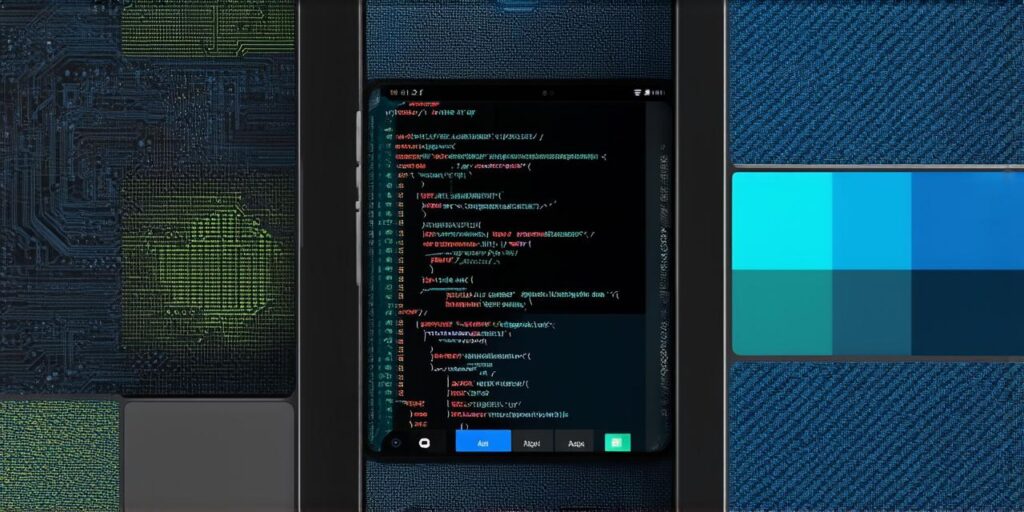When it comes to mobile app development, choosing the right programming language is crucial. With so many options available, it can be difficult to determine which one will work best for your project.
1. Java
Java is one of the most widely used programming languages for mobile app development, particularly for Android apps. It was created by Sun Microsystems in 1995 and has since become the standard language for building Android applications.
One of the main advantages of using Java for mobile app development is its portability. Java code can run on any device that has a JVM (Java Virtual Machine) installed, making it an excellent choice for cross-platform development. Additionally, Java’s object-oriented architecture makes it easy to create scalable and maintainable applications.
However, there are some downsides to using Java for mobile app development. For example, Java code can be quite verbose, which can make it more difficult to read and understand. Additionally, Java has a slower execution speed than other programming languages, which can be an issue for apps that require real-time performance.
2. Swift
Swift is the primary language used for iOS app development. It was created by Apple in 2014 as a replacement for Objective-C, the language previously used for iOS app development.
One of the main advantages of using Swift for mobile app development is its simplicity and readability. Swift code is much more concise than Java code, making it easier to read and understand. Additionally, Swift has excellent integration with Apple’s development tools, which can make the development process smoother and more efficient.

However, there are some downsides to using Swift for mobile app development. For example, Swift is still a relatively new language, which means that there may be some limitations when it comes to the number of available libraries and frameworks. Additionally, because Swift was created specifically for iOS app development, it may not be as versatile as Java or other programming languages when it comes to cross-platform development.
3. Kotlin
Kotlin is a programming language that was developed by JetBrains in 2010 as an alternative to Java for Android app development. It is designed to be more concise and expressive than Java, while still maintaining compatibility with the Java runtime environment.
One of the main advantages of using Kotlin for mobile app development is its improved performance compared to Java. Kotlin code is compiled directly to bytecode, which means that it can run faster and more efficiently than Java code. Additionally, Kotlin has excellent interoperability with Java, which means that you can easily use existing Java libraries and frameworks in your Kotlin-based apps.
However, there are some downsides to using Kotlin for mobile app development. For example, Kotlin is still a relatively new language, which means that there may be some limitations when it comes to the number of available libraries and frameworks. Additionally, because Kotlin was developed as an alternative to Java, it may not have the same level of support or community as Java when it comes to mobile app development.
4. React Native
React Native is a popular open-source framework used for building mobile apps that can run on both iOS and Android devices. It was created by Facebook in 2015 and has since become one of the most popular frameworks for cross-platform mobile app development.
One of the main advantages of using React Native for mobile app development is its ability to leverage existing web development skills. React Native uses a combination of JavaScript and a variety of third-party libraries and frameworks, which means that developers who are familiar with web development can easily get started with React Native. Additionally, React Native has excellent performance and can be used to build high-quality apps with real-time capabilities.



